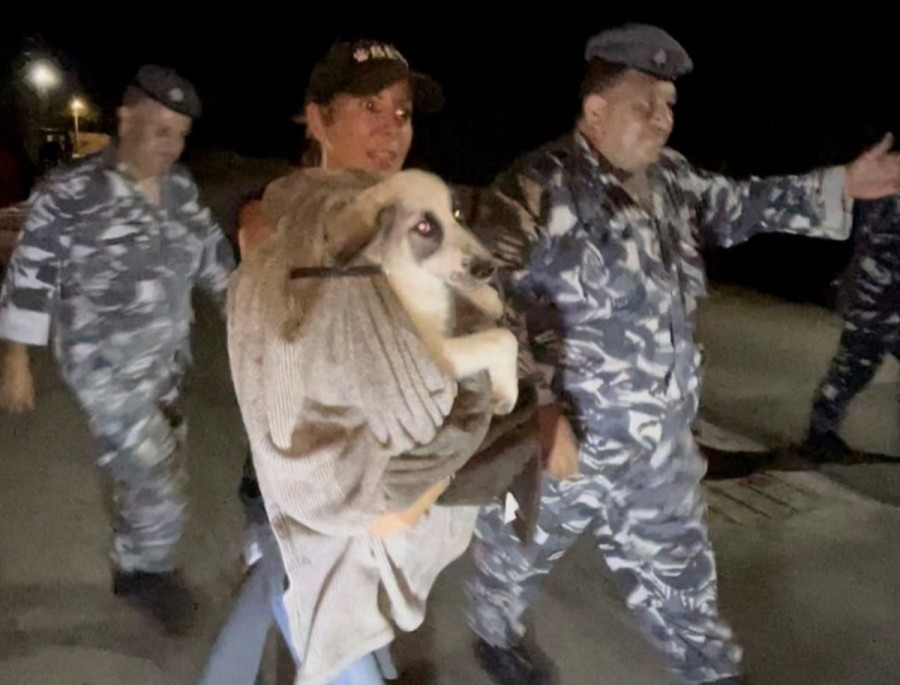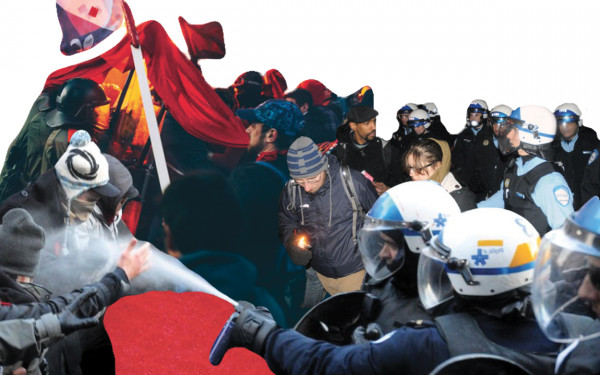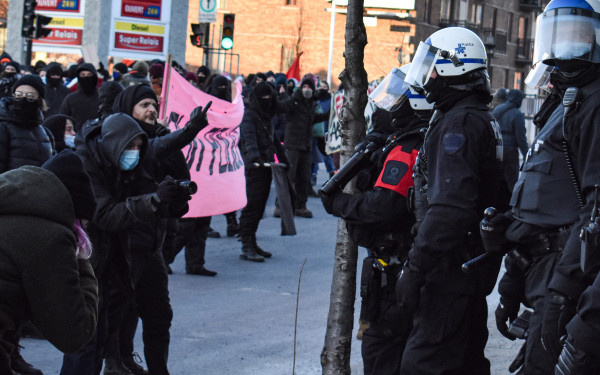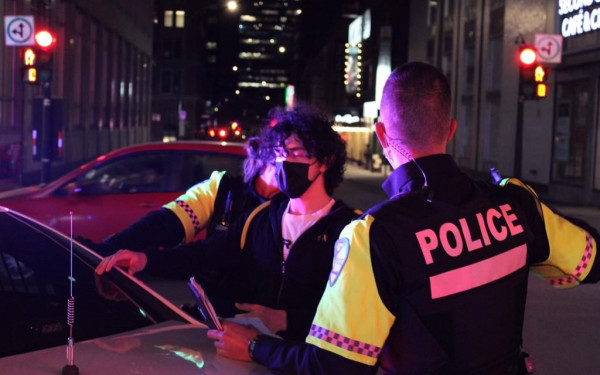Economic crisis forces thousands of dogs onto the streets
Lebanon’s dogs are the forgotten victims of the country’s current economic crisis
Thousands of homeless dogs and other animals currently roam the streets of Lebanon, barely surviving. While there were always stray animals in this country, the soaring costs of living, the poorly managed government, as well as the pandemic have made a bad situation significantly worse compared to previous years.
Helena Hesayne, the vice-president of Beirut for the Ethical Treatment of Animals, an animal shelter based in Beirut that offers services across the country, said they receive daily requests to take in animals. According to Hesayne, the amount of calls they get has sharply risen in the past few years to the point where she now gets calls daily, including those for dogs on the brink of death due to starvation or abuse.
“[This week] a dog was shot in the face, a dog was hit by a car, a dog has a broken back,” said Hesayne. “It’s never been this bad. It’s as if people are taking their revenge against the animals or they are frustrated, I have no clue.”
According to the United Nations, Lebanon is in the clutches of its worst economic crisis in recent history. Over 80 per cent of its population lives in poverty stemming from a lack of income and other factors — a number double of what it was in 2019. Inflation has also jumped by 281 per cent since then.
The war in Ukraine is another factor that has negatively impacted Lebanon since it imports 95 per cent of its wheat from Ukraine and Russia. Furthermore, the Beirut explosion in August 2020 reduced the country’s capacity to store its surplus since it destroyed the designated silos.
While all these factors are problems that have happened recently, there are longstanding issues in Lebanon that have been preventing it from advancing economically and politically for decades.
“Even though it is really dry [in Lebanon], my eyes were always moist. It’s a very sad scene.” — Leonard
According to Henry Habib, an emeritus professor of Concordia’s Political Science department, the confessional system, a form of state where power is distributed proportionally across religious groups, makes it hard for communities to progress and bring economic reform.
Habib said that a lack of jobs for youth is also to blame since it has forced them to migrate. People from older generations hold on to their positions for decades and since no new jobs are being created, there are few employment options for youth.
All these factors have driven many to give up their pets as they can no longer afford to pay for their expenses. However, Hesayne has also received requests from people who have the means to take care of their pets but are giving them up because they are inconvenient.
“I can understand the people who cannot afford it anymore because of everything,” she said. “But the people who are traveling, that have the money to travel, they cannot take their dog with them? One of them told me that it was too much hassle, that they’d get another dog [in the new country]. How heartless can you be?”
The lack of fuel and electricity in Lebanon has made getting to animals even more difficult. Hesayne says that dogs have died because BETA did not have enough gas in their vehicles to rescue and relocate them.
Animal welfare problems in Lebanon have been present long before the current crises. Problematic ways of dealing with strays on the municipal level include shooting them on site and not neutering them according to Hesayne. She says that a member from the municipality once told her that “a bullet is cheaper” than creating programs to reduce the number of strays.
Since a lot of the violence can be traced to ignorance, Hesayne says that education is the most important tool in fighting animal cruelty. For example, she says some villagers cut the ears and the tail off puppies and feed it to them with the belief that this will make them stronger and more aggressive.

To rehabilitate the dogs rescued, BETA depends on donations from international donors, mainly from Canada and the United States. They also rely on international organizations in these two countries to help find homes for these dogs.
Given that Lebanon is not recognized by the Canadian Food Inspection Agency as being rabies free, it is difficult to import Lebanese dogs. This rule is only applicable to dogs under eight months of age since older dogs do not require an import permit.
One of the international organizations BETA is collaborating with is Rescue All Dogs, a Canadian animal rescue organization based in Vancouver and Montreal, that works towards finding homes for dogs in Canada.
Rob Leonard, RAD’s director of operations, went to Lebanon for a month last year to bring back a few dogs. Seeing the way some dogs were treated was shocking and devastating, he says.
“Even though it is really dry [in Lebanon], my eyes were always moist. It’s a very sad scene,” said Leonard.
Many of the dogs brought over struggle to adjust to their new environment because of the weather and the noise of the city.
Rescuing these animals is mentally and physically draining for all the rescuers involved. Hesayne went on a trip to Paris in September 2021 because she said she was on the verge of a nervous breakdown. She is pessimistic about the future.
Habib said he also has low hopes for improvement in Lebanon. For him, the country’s condition is inextricably tied to that of the Middle East.
“Unless there is a general improvement in the conditions of the Middle East, unless we [fix] the major problems of the area, the future will be murky like it is right now,” he said.







